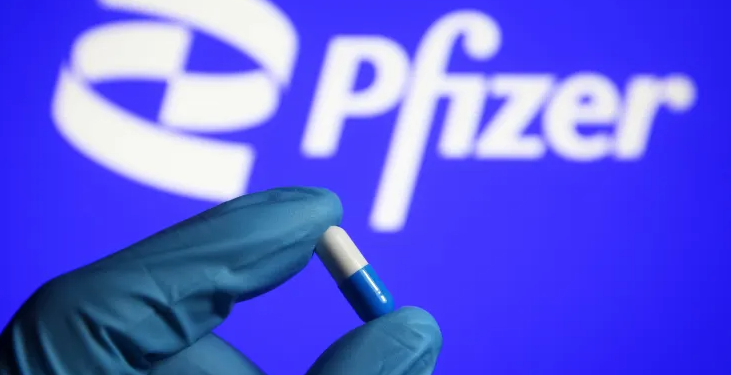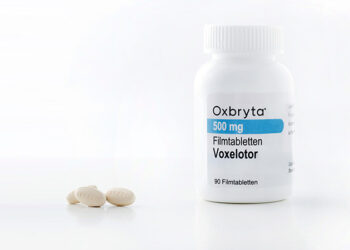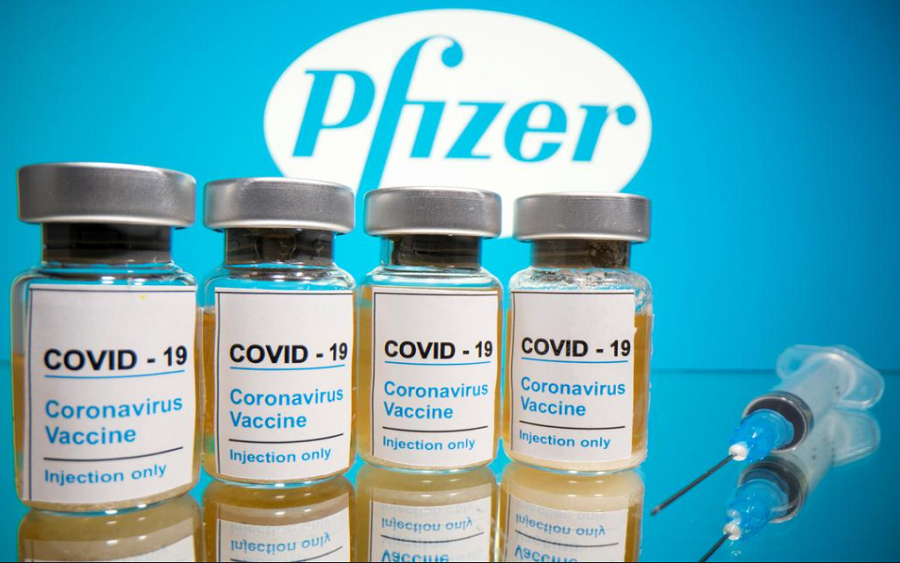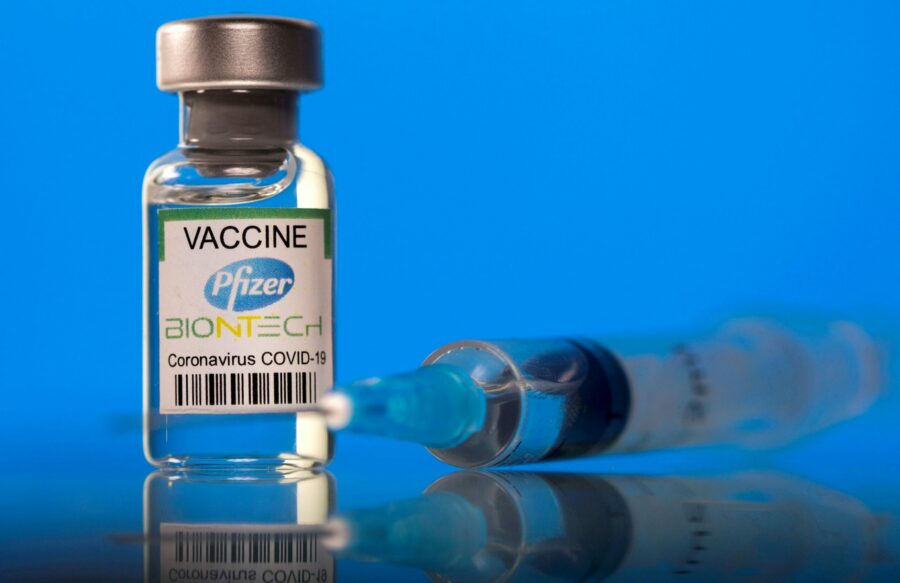Global Pharmaceutical giant, Pfizer loses hope to win a $10 billion slice of the booming weight loss market as it discontinues its twice-daily version of its weight loss pill after obese patients taking the drug had trouble tolerating the drug.
The company’s shares closed 5% lower after it made this announcement. According to CEO Albert Bourla, the company’s loss on a $10 billion slice could have grown to $90 billion.
The company is betting on a successful weight loss pill to help it rebound from reduced demand for its Covid products and an estimated 40% share price drop this year.
However, investors are pessimistic about Pfizer’s potential to succeed in the weight loss drug space since the company scrapped a different weight loss drug in June.
The data from Pfizer puts them even further behind dominant players in the weight loss drug market, Eli Lily and Novo Nordisk (Ozempic manufacturers), which are racing to develop pill versions of their injections.
What you should know
The drug maker observed high rates of adverse effects, which were mostly mild and gastrointestinal, among patients. A significant share of patients also stopped taking the pill, which was a more convenient alternative to highly popular weight loss injections.
Pfizer’s chief scientific officer, Mikael Dolsten, suggested patients will better tolerate the once-daily version of the weight loss pill compared to the twice-daily form. They also believe a once-daily version of the drug could lessen gastrointestinal side effects.
The weight loss caused by Pfizer’s twice-daily weight loss pill appeared to fall short of some analysts’ expectations.
Analysts at Wall Street were looking for the pill to show 14% to 15% weight loss to be competitive. Doctors believe that 15% weight loss is good enough to convince them to switch from prescribing injectables to oral pills.
Obese or overweight patients who took 45 milligrams of Eli Lily’s lost up to 14.7% of their body weight or 34 pounds (15.5kg) after 36 weeks.
This result is consistent with the weight reduction caused by the high-dose oral version of Novo Nordisk’s Ozempic. According to the National Institute of Health, more than 2 in 5 adults are obese. About 1 in 11 adults have severe obesity.

























